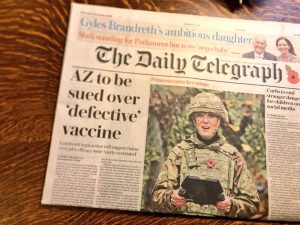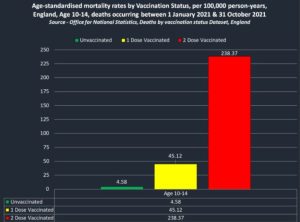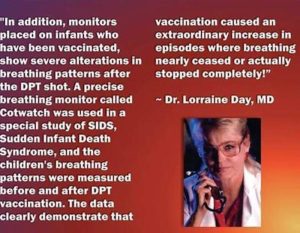(Tom: A post I snaffled from social media.)
I am trying to find a simple way to explain to a priest who tried to make out that the evil in Australia at the moment was minor compared to the systematic slaughter of Christians across African, the ethnic cleansing in parts of Asia.
How does this seem to people? I am trying to keep it simple so he can check if he wants.
Australian Bureau of Stats registered deaths
2018 = 158,493
2022 = 190,939
The 2022 figures are an increase of 32,446, a 20% increase on the 2018 figures.
Given that we now know that the jab did NOT convey ANY benefit by way of a reduction of deaths by covid, nor hospitalisations, nor time in ICU, but in fact sharply increased covid cases, hospitalisations, ICU admissions and deaths, we know that these figures represent a massive destruction, as bad as many wars.
Doctors continue to deny any connection between the jabs and excess deaths. There is no proof they say. But temporally we got a spike in deaths every time a major jab roll out occurred.
Politicians chose not to debate or investigate these excess deaths.
To put these deaths into perspective one year’s post vax excess deaths of over 32K beats the total deaths of Aussie military in WW2 of 27K by a wide margin.
The ABC has suggested that around 6,500 Palestinians and 1500 Israelis have died in this latest round of war, about 8000 so far.
Think of the fuss and palava we have had over these Middle Eastern deaths these last weeks.
Think of the almost total silence we have had in the media of Australia over the 32,446 deaths, murders by jabs we had in only 12 months and it appears these deaths have continued this year. However the health bureaucrats who could give us day by day numbers of people with covid, the numbers in hospitals and the numbers of patients in ICU plus those who died EVERY SINGLE DAY during the so-called pandemic, they are not able to give us even a month by month summary of the totals of excess deaths. now.








